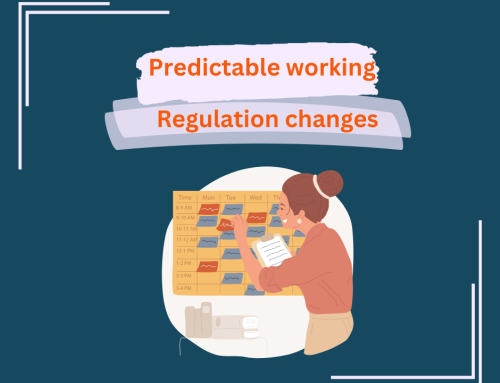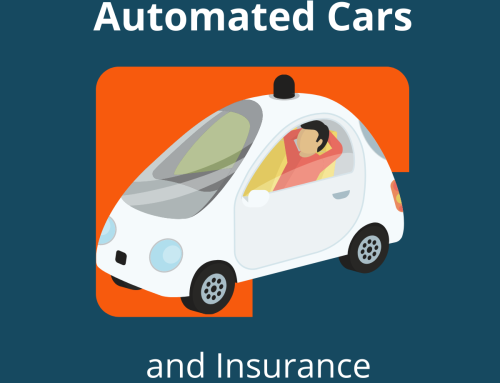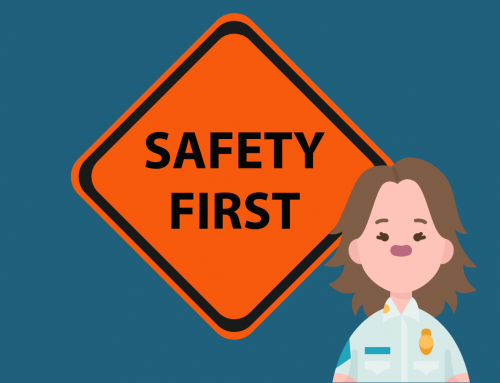In our series of Legislation Changes in 2022 blogs by our Kickstart Marketing Assistant, Joanna, we’ll look at how legislative changes planned for this year could impact your business. Whilst many of us may be hoping for “business as usual” at some point this year, we also need to consider the legislative changes planned for 2022 and where you may need to make changes to how you conduct your business.
Use of handheld devices to become illegal
Did you know drivers holding their phones while driving a vehicle are four times more likely to crash?
While it was already illegal to text or make a call while driving using a handheld device (other than in an emergency), the original legislation (2003) came in before smartphones were introduced. It has thus long been recognised that there was a need to strengthen the law and make it easier for offenders to be prosecuted.
A news story on Gov.uk claims 81% of people supported the move to change the legislation regarding mobile phones revealing a public concern of road safety following life-threatening accidents where mobile phones were left accountable.
Transport Secretary Grant Shapps stated in an interview that “while our roads remain among the safest in the world, we will continue to work tirelessly to make them safer, including through our award-winning THINK! Campaign, which challenges social norms among high-risk drivers.” High-risk drivers typically include those who have been convicted of driving under the influence (DUI), experienced numerous car accidents or accumulated countable points on their license.
The change in legislation in 2022 will mean drivers are now also banned from using phones to take photos or videos and to scroll through playlists or play games. Anybody caught using a mobile not only while driving but stationary at traffic lights, congested roads and waiting at junctions will be prosecuted. Offenders will face a £200 fixed penalty notice and 6 points on their licence which means new drivers (within the first two years of passing the driving test) will lose their license all together.
Alarmingly, the Department for Transport discovered 63% of Motorists used their phone while driving for work reasons suggesting more than half of Motorist feel pressured to answer their phone while driving. It is essential you ensure staff are aware of the new regulations but to be conscious of when your staff may be driving because work-related calls and emails can wait.
The exception to the rule of course is still emergencies, but also drive-thru’s as Apple Pay and Google Pay have become a more common method of payment, especially due to COVID-19. At least this means you can still leave your card and cash at home if you don’t want to overfill your pockets.
Take a look at our other blogs in the series about changes regarding Display Screen Equipment and Personal Protective Equipment.
Talbot Jones Ltd is a family-run chartered insurance heritage specialist in the Third Sector and Professional risks. Get in touch for free insurance advice, review or quotation.





